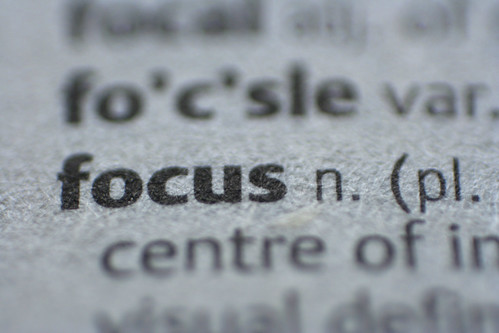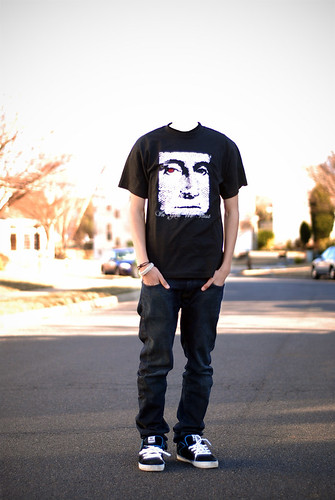2 Proven Tricks For Focusing Your Mind And Increasing Performance
sitive self-talk and positive mental imagery: Self-leadership theory can be described as the 'process of influencing oneself' as opposed to the influence of leaders over followers (Manz, 1983, 1986). We focus on and develop a model for a particular aspect of self-leadership - thought self-leadership emphasizing two primary elements, self-talk and mental imagery. The major thrust of this model is that employees can influence or lead themselves by utilizing specific cognitive strategies that focus on individual self-dialogue and mental imagery.…
3 minutes
How much of your behavior is unconsciously determined by your surroundings?
great deal of it, potentially. People primed with ideas (like "rudeness") demonstrated those behaviors more readily (interrupting the experimenter) without realizing it: Previous research has shown that trait concepts and stereotype become active automatically in the presence of relevant behavior or stereotyped-group features. Through the use of the same priming procedures as in previous impression formation research, Experiment 1 showed that participants whose concept of rudeness was printed interrupted the experimenter more quickly and frequently than did participants primed…
1 min read
Why can we predict other people’s behavior more accurately than our own?
en predicting other people's behavior we always consider the context. With our own behavior we like to believe that we won't be affected by context. Via BPS Research Digest: Psychologists have identified an important reason why our insight into our own psyches is so poor. Emily Balcetis and David Dunning found that when predicting our own behaviour, we fail to take the influence of the situation into account. By contrast, when predicting the behaviour of others, we correctly factor in the influence of the…
1 min read
What tricks do stores use to get us to buy?
is is from an interview with Lee Eisenberg, author of Shoptimism: Why the American Consumer Will Keep on Buying No Matter What. Join over 190,000 readers. Get a free weekly update via email here. Related posts: How To Stop Being Lazy And Get More Done – 5 Expert Tips How To Get People To Like You: 7 Ways From An FBI Behavior Expert New Harvard Research Reveals A Fun Way To Be More Successful
1 min read
How To Instantly Get Smarter
tting people to think about professors (or other stereotypically smart groups) improved their smarts for 15 minutes. The reverse was true too: getting people to think about stereotypically stupid people reduced performance. The authors tested and confirmed the hypothesis that priming a stereotype or trait leads to complex overt behavior in line with this activated stereotype or trait. Specifically, 4 experiments established that priming the stereotype of professors or the trait intelligent enhanced participants' performance on a scale measuring general…
1 min read
Behavioral economist Dan Ariely’s advice on picking holiday gifts:
n Ariely, author of the excellent Predictably Irrational: The Hidden Forces That Shape Our Decisions, applies his research in behavioral economics to holiday gift giving and says this: In summary, I think that the best gifts circumvent guilt in two key ways: by eliminating the guilt that accompanies extravagant purchases, and by reducing the guilt that comes from coupling payment with consumption. The best advice on gift-giving, therefore, is to get something that someone really wants but would feel guilty…
1 min read
Can you tell Nobel Peace Prize winners from America’s Most Wanted just by their faces?
ople's guesses were generally better than random chance. Nobel Prize winners could often be detected after seeing a picture for 100 milliseconds. Distinguishing who was one of America's Most Wanted took a little longer: Although trustworthiness judgments based on a stranger's face occur rapidly (Willis & Todorov, 2006), their accuracy is unknown. We examined the accuracy of trustworthiness judgments of the faces of 2 groups differing in trustworthiness (Nobel Peace Prize recipients/humanitarians vs. America's Most Wanted criminals). Participants viewed 34…
1 min read
5 Easy, Scientifically Proven Tips To Make Your Holiday Shopping Easier
Want to pick a creative gift that the receiver will be surprised by? Don't do it. Studies show people are much more satisfied by presents they said they wanted. 2) Accept that context can warp your thinking. The music in a store, a "SALE" sign, and how many items are on a shelf can all affect what and how much you buy. 3) To control your spending, hide the credit card and make sure your wallet contains only big…
1 min read








